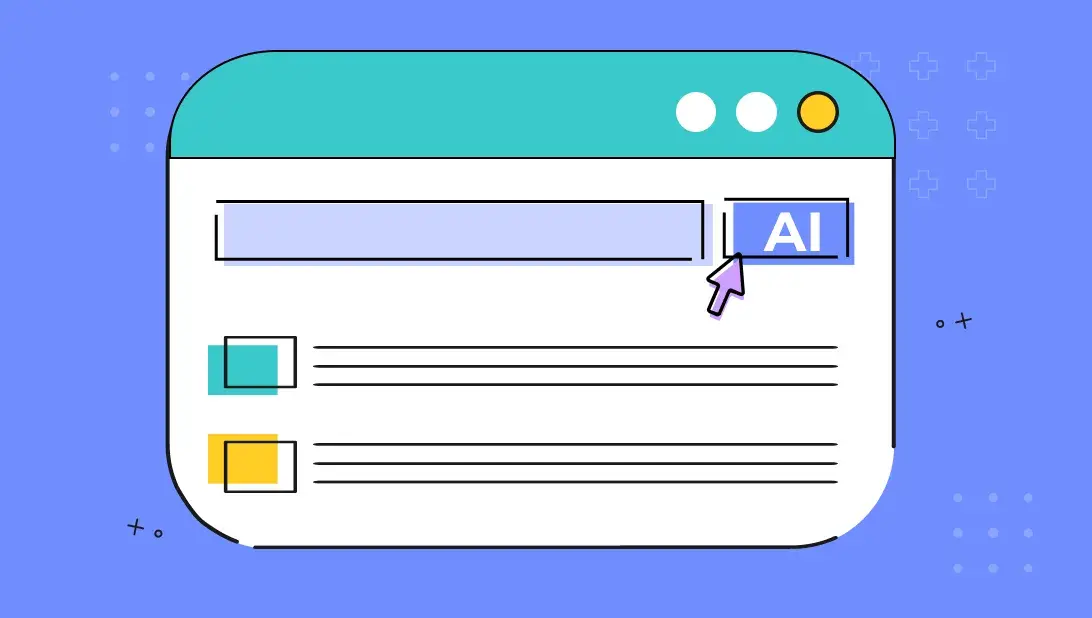



Marketing for healthcare technology is complex. Getting in front of the right people with the right message at the right time is easier said than done. So how do you market to healthcare professionals effectively?
Eighty-nine percent of B2B buyers use the internet to look for healthcare tech solutions. A well-designed healthcare SEO strategy is crucial for capturing prospects' attention early in the research stage, keeping them engaged throughout the buyer's journey, and supporting healthcare lead generation to nurture relationships and drive conversions.
But a healthcare SEO strategy has many moving parts, and the rules change constantly. How do you get ahead? You need a solid foundation — creating valuable, educational, and engaging content that addresses your target audience's pain points, challenges, and interests. Here's how.
SEO may seem to be all about keywords, ranking positions, number of backlinks, traffic, etc., but the metrics simply reflect how well you get the basics right — understanding your audience and building an SEO campaign around their needs.
Piece together a complete picture of your ideal audience with information from different sources. Use website analytics to see visitors' demographic data, social insights to learn what they talk about, competitive analysis to inform targeted content, and longtail queries to get your content to appear as direct answers on search engine results pages (SERPs).
SEO has expanded from a siloed channel to an integral component of a holistic healthcare lead generation strategy. It offers dynamic opportunities for healthcare software marketers to understand the voice of the customer and macro trends about consumer behaviors.
Leverage your SEO research to uncover granular search trends and improve the customer experience across the purchasing journey. You can also understand intents and how your audience interacts with various touchpoints to optimize your content for every step in the customer journey. The insights, in turn, will help you improve your search engine ranking.
Marketing for healthcare technology must account for the complex and often non-linear B2B buyer's journey. Your healthcare marketing strategy should address each buyer persona's concern at every stage of the process — from awareness to consideration to decision.
Apply journey mapping techniques to understand how prospects use different keywords at various stages of the customer lifecycle. You can home in on different types of keywords that align with each stage. For example, an agency with SEO expertise can identify and target keywords based on intent, ranging from informational keywords, commercial keywords, navigational keywords, and transactional keywords. Then, you can produce relevant content and align your healthcare SEO strategy to address their intent and concerns.
An effective strategy must include mechanisms to capture prospect information. But first, you must get in front of them when they're researching online and attract them to your website with relevant content.
So what type of content should you publish? Prospects at the awareness and discovery stage want to understand their challenges, so educational content can help you build trust with them. Meanwhile, those in the consideration stage seek more detailed information, such as setting requirements, avoiding pitfalls, and weighing the pros and cons of their options. Then introduce product feature tours and demo requests at the final decision-making stage.
Getting prospects to read your blog posts is great — but how do you collect their data to continue the conversation? One effective strategy is to create high-value, gated content (e.g., an e-book) visitors can download for free in exchange for their information.
Identify topics and keywords prospects search for at each customer lifecycle stage to craft targeted content and position your organization as a trusted resource. Use clear and task-focused language for effective SEO and create multiple pieces of content to increase the number of touchpoints and progress prospects down the sales funnel.
Product-led content weaves your solution into the narrative to solve readers' challenges. It's great for tactics targeted at audiences at the middle or bottom of the funnel, where they're actively searching for a product, comparing their options, and are ready to buy.
Effective product-led content targets keywords with high purchase intent. But it's not just about tooting your own horn — the content must entice searchers to click through and provide value to build trust while using tangible and practical use cases to illustrate how your product can help your audience solve their problems.
Augment your healthcare lead generation strategy with marketing personalization to connect your content with each prospect's interest, role, and where they are in the buying journey to deliver the most relevant content at the right time.
Also, implement marketing analytics and automation tools to track prospects' interactions with your content and personalize the experience based on their interests and preferences. Regularly analyze and optimize your automation workflows and identify gaps to maximize engagement and conversions.
Effective healthcare lead generation will help you get the right prospects into your sales pipeline to increase your marketing ROI. After identifying your audience, you must attract them to your website with a robust healthcare SEO strategy and boost your ranking with content marketing.
So how do you make all the pieces work together? Here are four key steps we take our clients through to ensure they have the right content to attract the best prospects:
We help healthcare SaaS companies audit and develop their healthcare SEO strategies to support healthcare lead generation. We'll design a plan that resonates with your target audience and nurture leads to convert. Schedule a time to chat with us to see how we can help you drive high-quality traffic and convert website visitors into leads.


Our Account Strategist Madison loves being on the strategic side of marketing – seeing a good creative plan put into action makes her happy, as does developing relationships with our clients. A self-starter through and through, motivation and determination are themes in her career; she’s always trying something new, whether she’s listening to podcasts, redecorating her house or taking up running. Madison is our lifelong learner, our note-taker, and our platform expert, and in line with the rest of our animal-loving crew, she’s also mom to three crazy pets.
Get the latest and greatest posts sent straight to your inbox.


